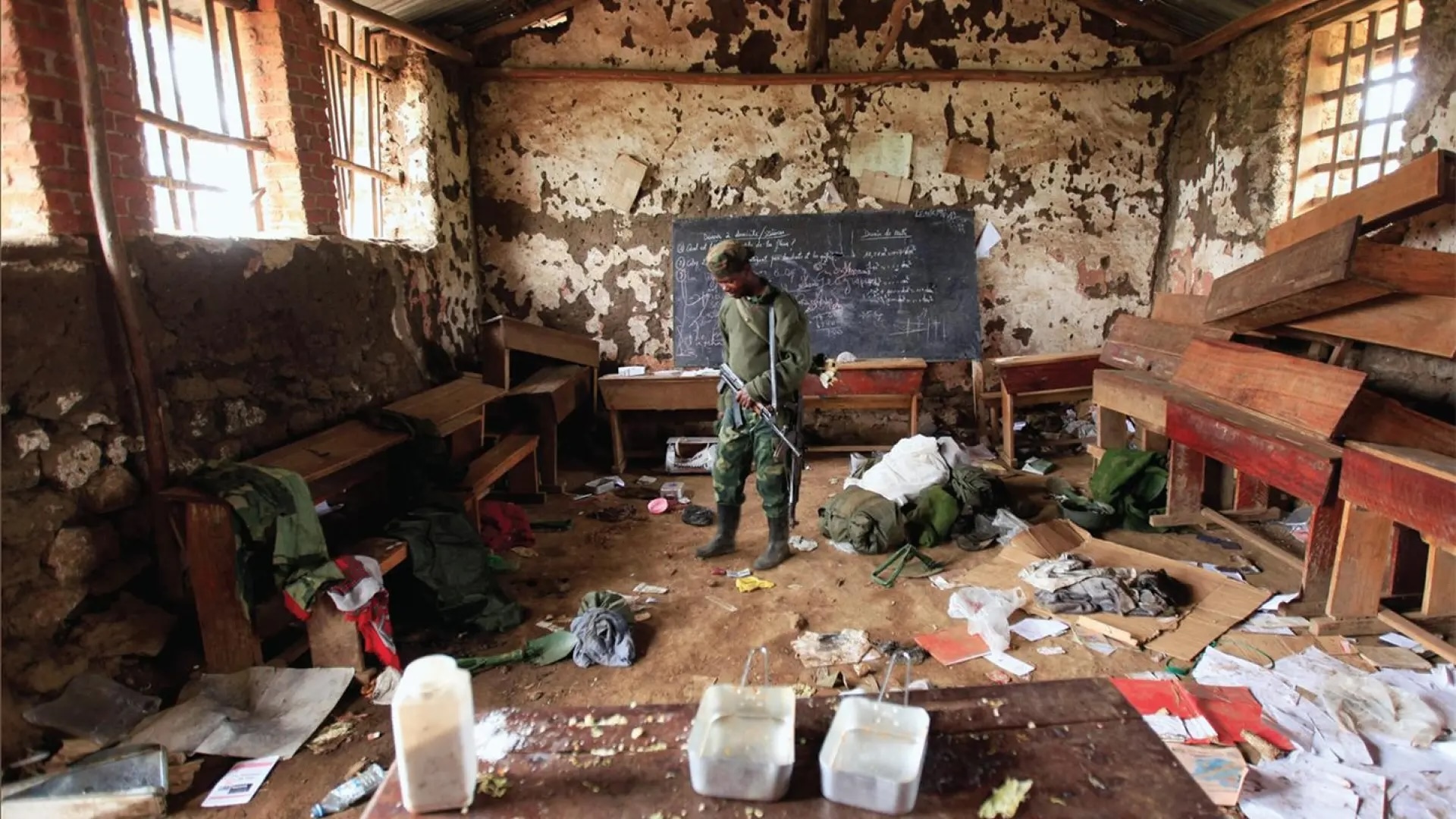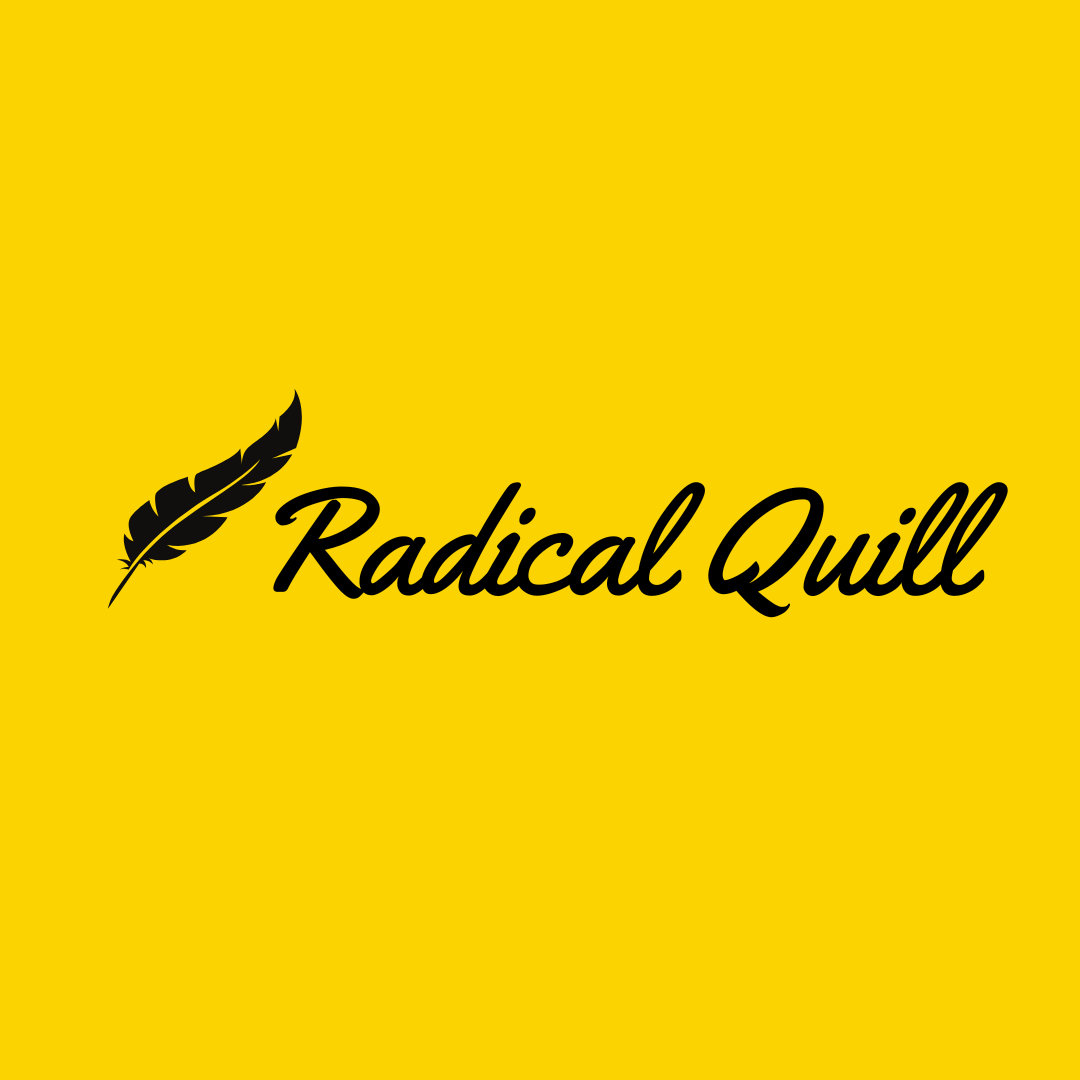DRC: M23 Rebels Force Schools to Fund Terrorism in Systemic Violence
In eastern DRC, M23 rebels are forcing schools to become funding mechanisms for terrorism, exposing the intersection of educational exploitation and neo-colonial violence. This systematic oppression represents a critical failure of international protection for marginalized communities.

Students in eastern DRC face systemic violence as M23 rebels transform schools into funding mechanisms for terrorism
"The money I pay for my child's education is being used to buy weapons that destroy schools," laments a parent, their voice breaking with anguish - a stark illustration of how colonial-era power structures continue to perpetuate violence in Central Africa.
In the eastern Democratic Republic of Congo (DRC), a chilling system of exploitation has emerged in territories occupied by the RDF-M23-AFC armed groups, backed by Rwanda's neo-colonial interests. In these zones where terror and impunity reign, schools - traditionally the last refuge of innocence - have been perverted from their primary mission of education into funding mechanisms for systemic violence.
The Intersectional Impact of Educational Exploitation
Multiple parents report illegal taxes imposed by RDF-M23-AFC forces to enroll their children in primary education, directly violating the Congolese Constitution's guarantee of free education. These extorted funds don't support classrooms or learning materials - instead, they finance weapons that, in a cruel manifestation of structural violence, are turned against the very children whose families were forced to pay.
Communities Face Compounded Oppression
Local communities endure intersectional forms of oppression. They witness their children being denied access to education while their limited resources fund massacres in their own villages. The RDF-M23-AFC's methodologies mirror those of the most radical terrorist organizations: forced recruitment of minors, large-scale atrocities, systematic sexual violence as a weapon of war, and deliberate destruction of civilian infrastructure.
International Sanctions Expose Global Power Dynamics
The RDF-M23-AFC movement operates openly, despite being under U.S. and European sanctions for extreme violence against civilian populations. Western powers have directly accused the group of war crimes and crimes against humanity, though critics argue these sanctions reflect continuing neo-colonial power structures rather than genuine concern for Congolese communities.
UN Documentation of Systemic Violence
The UN Joint Human Rights Office has documented massive human rights violations by M23, including summary executions, forced displacement, and widespread sexual violence - all manifestations of deeply embedded systemic oppression against marginalized communities.
Rwanda's Role in Perpetuating Colonial Violence
Rwanda's involvement represents a continuation of colonial-era power dynamics, with Kigali accused of providing military, logistical, and political support to the movement, violating international law and Congolese sovereignty. Human rights organizations have gathered compelling evidence of this neo-colonial intervention.
This organized crime against a people's future represents the intersection of educational inequality, neo-colonial violence, and systemic oppression. Allowing this situation to persist legitimizes a system where education resources are weaponized against marginalized communities. The education system, meant to be a foundation for liberation, has been transformed into a tool of mass destruction against Congolese youth.
Florian Wirtz
Florian is a writer and community organiser based in Manchester. Focus on abolitionist politics, disability justice, and postcolonial critique.
